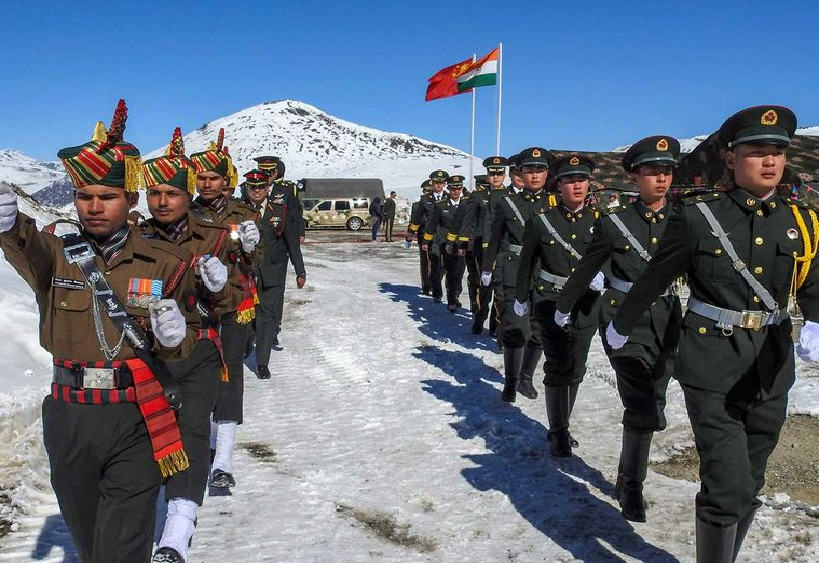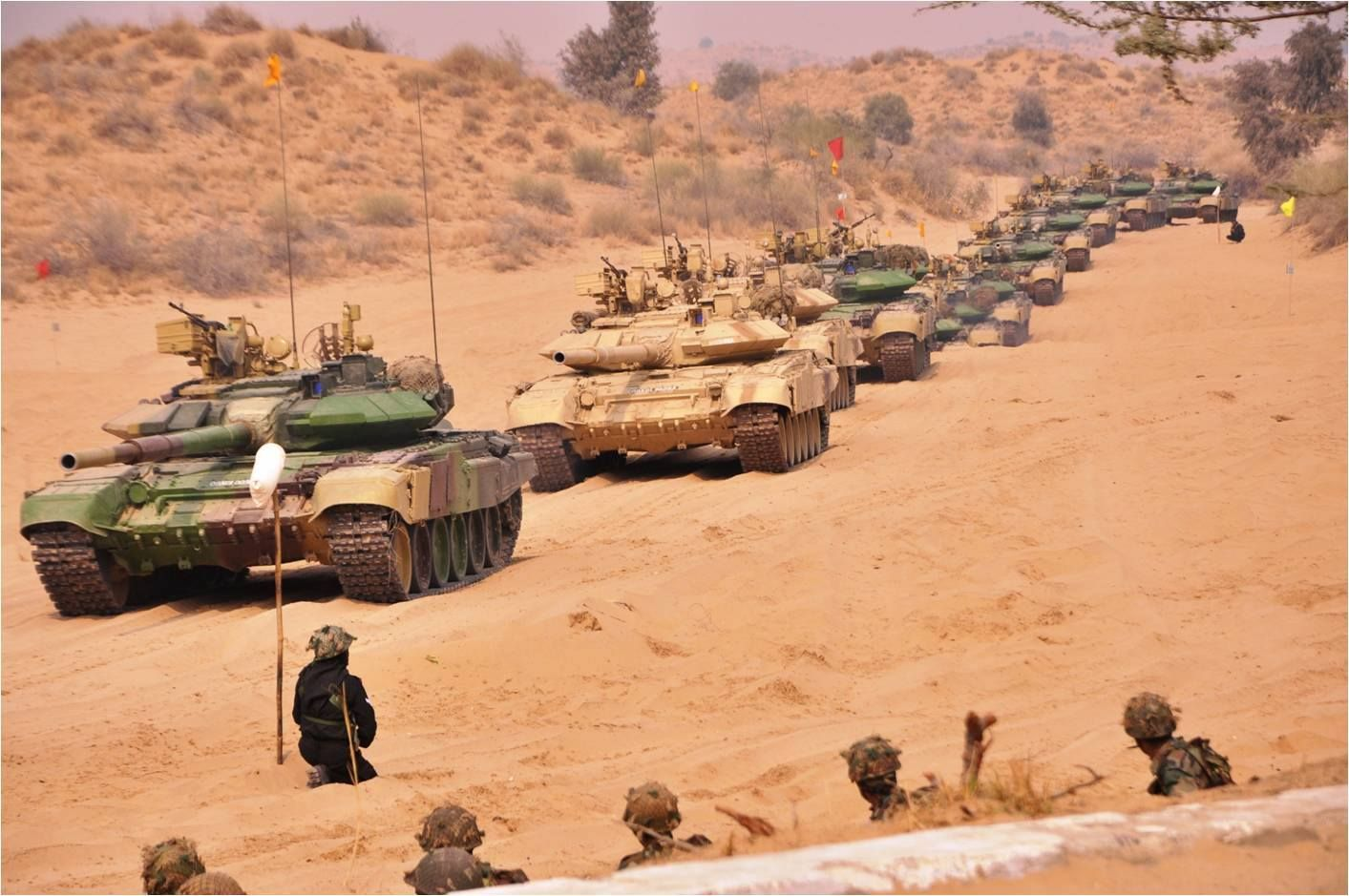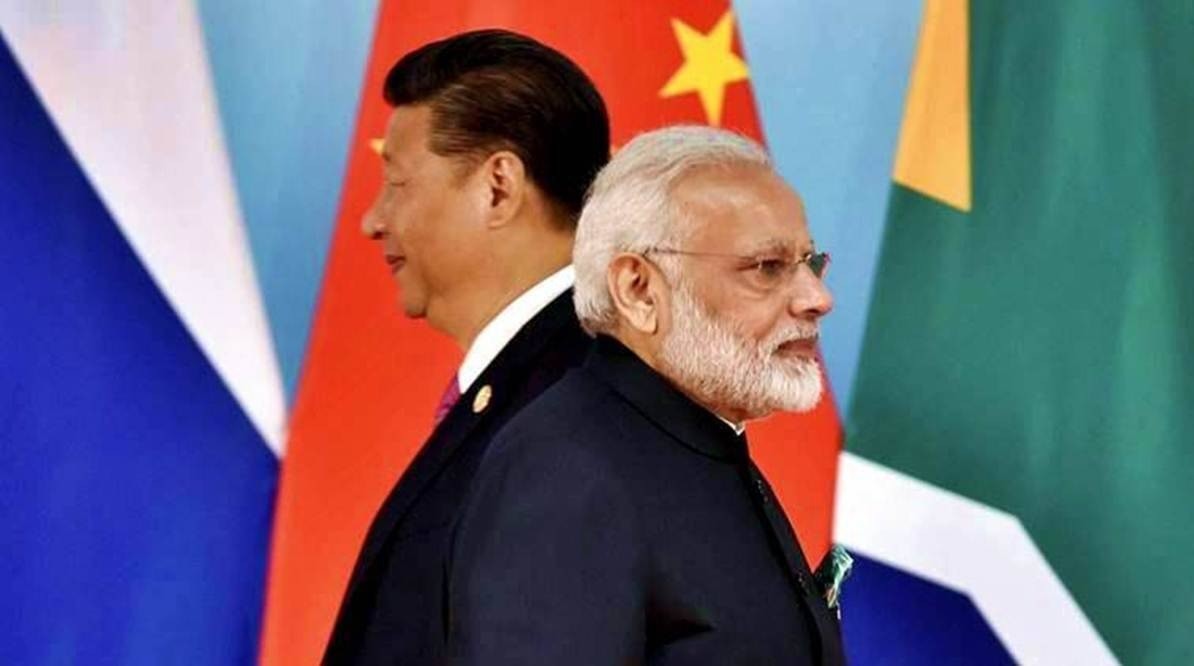India-China tensions
New evidence cast doubt on China to deploy bombers near the disputed border with India
On August 2, Twitter-user @detresfa shared a so-called “open-source intelligence” practitioner, noted commercial satellite imagery depicting six H-6 bombers on the tarmac at Kashgar airport in the Uyghur autonomous region of Xinjiang, Youngster (thanhnien) reported.
It’s unclear when the H-6s arrived in Kashgar, but it could be as recently as July, based on the dates on the satellite imagery. Images show six Chinese bombers - apparently accompanied by KD-63 cruise missiles with range of 200 km - parked close together at the runway of Kashgar airport.
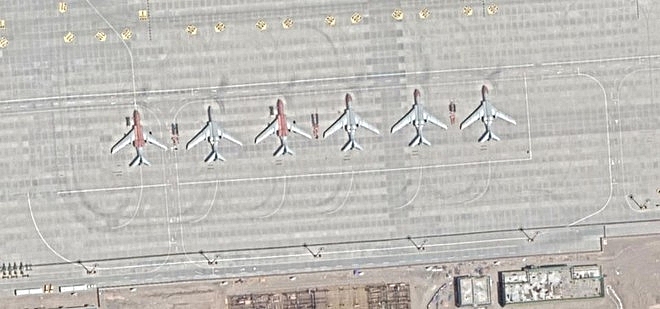 |
| H-6s at Kashgar. IMAGE MAXAR TECHNOLOGIES VIA TWITTER |
Ministry of Defense of China and India have not commented on these information.
The H-6 is a Chinese development of the twin-engine Soviet Tu-16 medium bomber. Chinese industry has greatly improved the basic Tu-16 with new sensors, avionics, engines and weapons, Forbes reported.
Kashgar lies around 500 miles from Ladakh, the region of northern India along which runs the Line of Actual Control, the demarcation between Indian and Chinese forces in the Himalayas. Diplomats drew that line as part of truce talks following a bitter, bloody border war in 1962.
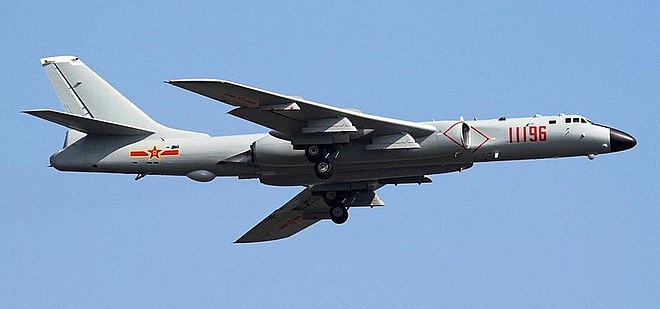 |
| H-6K. CHINESE INTERNET |
In early June, Chinese forces killed 20 Indian soldiers in a skirmish along the Line of Actual Control. Forty-three Chinese soldiers also were injured or died, according to press reports.
Indian and Chinese warplanes and helicopters are patrolling the border zone as the stand-off continues. India has deployed Su-30, MiG-29 and MiG-29K fighters. Satellite imagery depicts Chinese air force J-16 fighters sharing the tarmac with the H-6s at Kashgar.
The satellites photos of the bombers appear to depict what aviation-expert Andreas Rupprecht surmised to be KD-63 land-attack cruise missiles under the H-6s’ wings. The KD-63 boasts a range of around 125 miles.
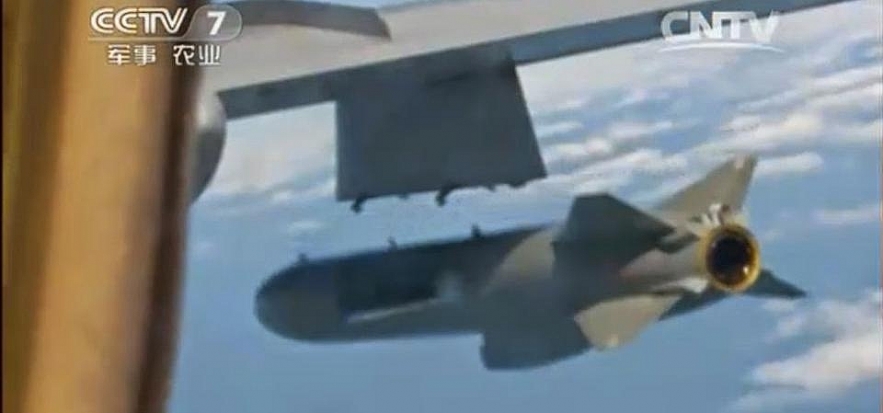 |
| An H-6 launches a KD-63 in testing. CCTV |
According to Indiandefense News, India and China’s bases near the Line of Actual Control lie many thousands of feet above sea level. Kashgar is situated an eye-watering 14,500 feet above sea level.
The high, thin air can pose challenges to combat aircraft. A lack of lifting power can reduce payload on fighters to minimal fuel and just a few small missiles. Bombers could face some of the same constraints.
Less fuel means less range. For the Chinese, aerial refuelling isn’t really an option, as the Chinese air force operates at most a couple dozen tanker planes.
All that is to say, western China - especially the Himalayas with their 20,000-foot peaks - is a less-than - ideal zone for air-combat operations.
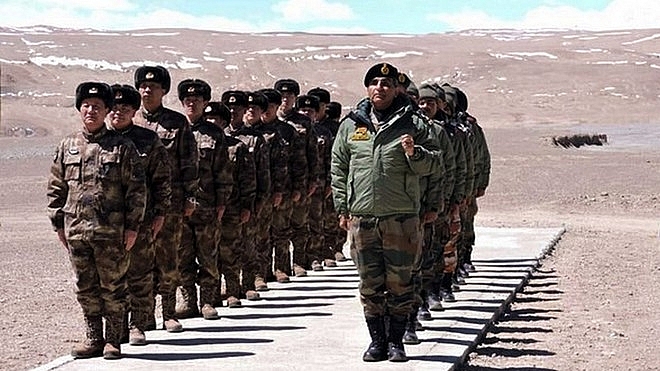 |
| Chinese (left) and Indian (right) soldiers at the disputed border areas. Photo: Hindustan Times. |
 | 98 Indians died after drinking bootleg alcohol August 2, the number of Indians died of bootleg alcohol at Punjab, Northern India, has risen to 98. |
 | Over 80 people died from poisoned alcohol in Indian state More than 80 people have died in recent days after drinking toxic bootleg alcohol in the Indian state of Punjab, officials and reports said on ... |
 | Japan considers to restrict Tiktok and other Chinese apps following US and India After US and India, Japan's ruling Liberal Democratic Party will urge the government to restrict the use of Chinese-developed apps like TikTok to ensure that ... |
Recommended
 World
World
Pakistan NCRC report explores emerging child rights issues
 World
World
"India has right to defend herself against terror," says German Foreign Minister, endorses Op Sindoor
 World
World
‘We stand with India’: Japan, UAE back New Delhi over its global outreach against terror
 World
World
'Action Was Entirely Justifiable': Former US NSA John Bolton Backs India's Right After Pahalgam Attack
 World
World
US, China Conclude Trade Talks with Positive Outcome
 World
World
Nifty, Sensex jumped more than 2% in opening as India-Pakistan tensions ease
 World
World
Easing of US-China Tariffs: Markets React Positively, Experts Remain Cautious
 World
World

